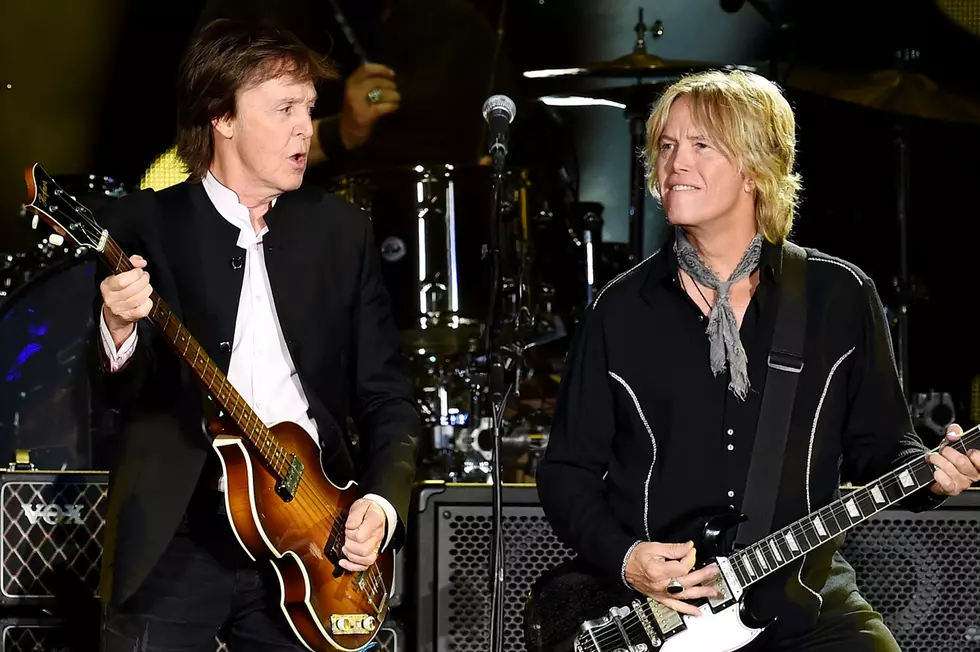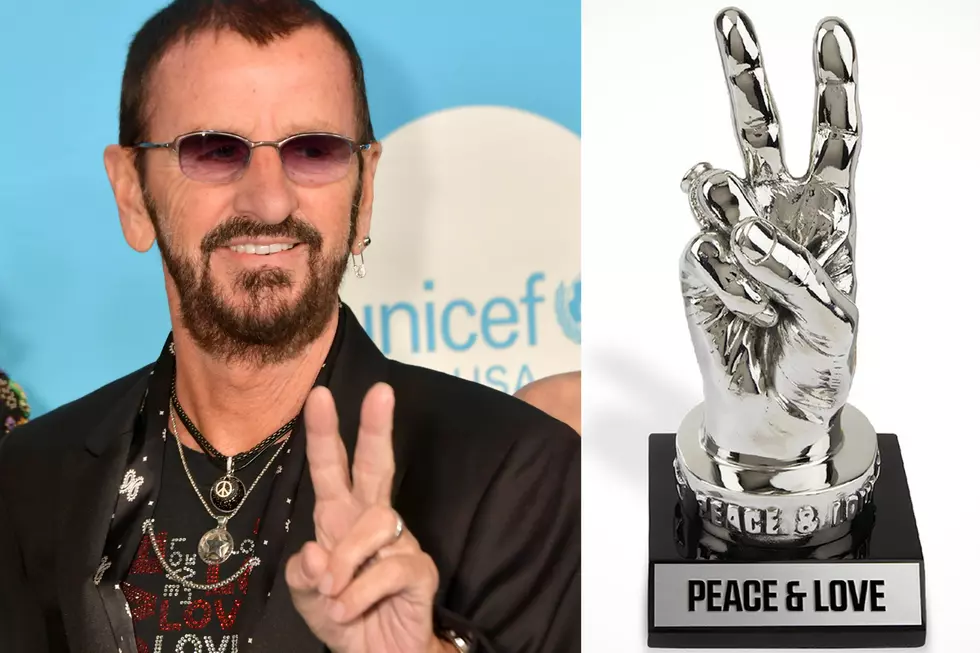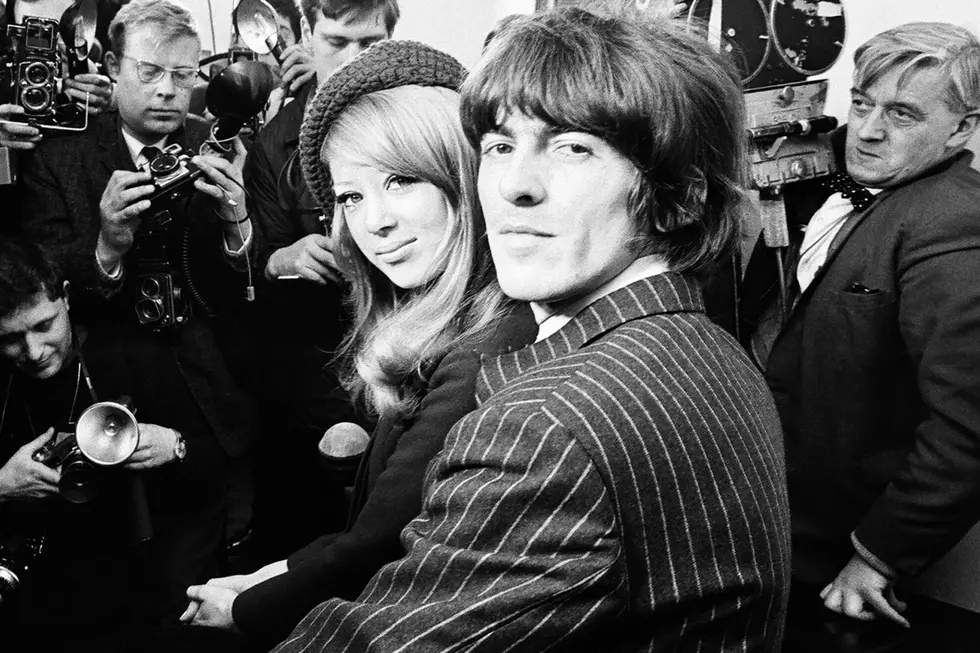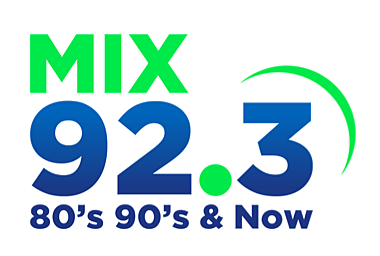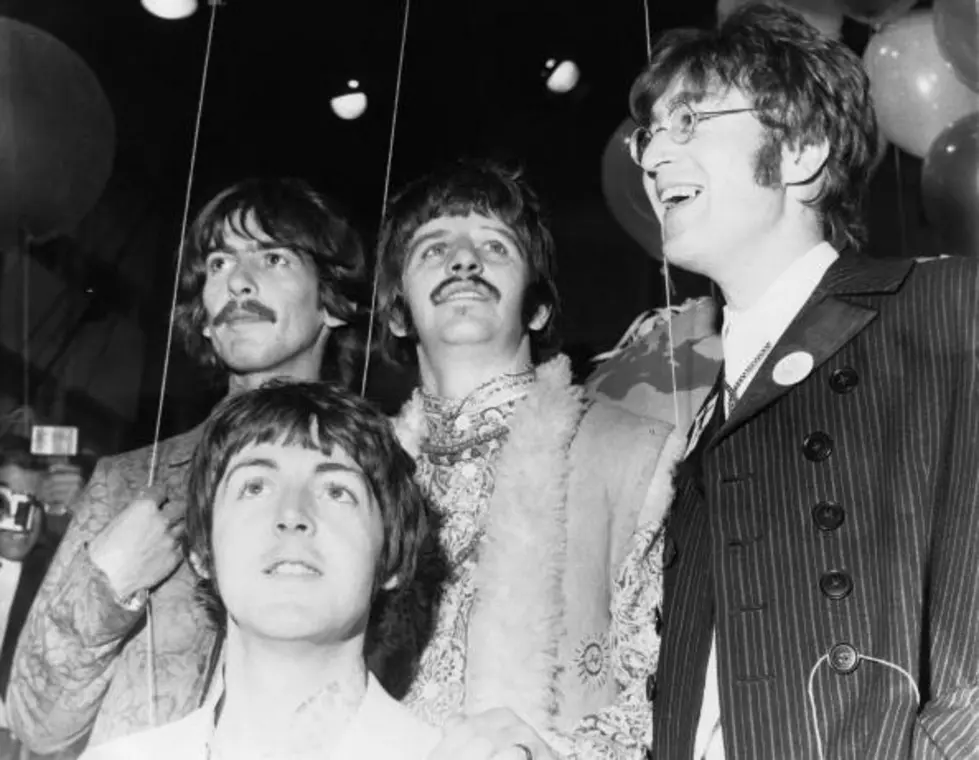
Behka’s Breakfast with The Beatles Recap: Week of October 20
Every day I begin the show by playing a song from my favorite band, The Beatles. In the past few weeks I've done some "theme weeks" to play some different material and perspective on their collective catalog. Now, I figured it's as good a time as any to start from the beginning. I decided to back to some of the earliest known recordings of The Beatles and the Quarrymen, and show more of what they were like before they hit it big.
I began with some home demos that were featured in The Beatles Anthology, "Hallelujah, I Love Her so/You'll Be Mine".
"You'll Be Mine" is a short song, composed by Lennon–McCartney in the Beatles' early years. It was a humorous parody of the Ink Spots. It consists of Paul McCartney singing in a deep baritone, offset with shrill falsetto backing vocals by John Lennon, and guitar strumming. The lead vocal sings, in rather confused lyrics, about his determination of making a woman his; while the falsettos wail the last word of each sentence. About halfway through the song, Lennon gives a mock-bass voice spoken interlude about how, when the woman brought him toast one morning, he looked into her eyes and saw a "National Health Eyeball", then proceeded to love her like he has never done before. The song rises to a crescendo of wailing and bellowing, then fades out in laughter. To add to the confusion, the song is very difficult to understand; clicks, buzzes, fuzz, giggling, and the baritone voice obscure the lyrics. Along with the other songs recorded on that day, it is one of the few known Beatles recordings to feature Stuart Sutcliffe on bass.
On Tuesday, I played "That'll Be The Day".
This song is a Buddy Holly classic - the group were all very big fans of his. In 1958, the song was the first track ever recorded by The Quarrymen, who later became The Beatles. Their rendition, intended just as a demonstration disc, was issued officially on the Beatles compilation album Anthology 1 in 1995. The one and only 1958 pressing is thought to be one of the world's most valuable records, worth an estimated £100,000.
On Wednesday, I played "In Spite of All the Danger".
"In Spite of All the Danger" is one of the first songs recorded by the Quarrymen, then composed of John Lennon, Paul McCartney, George Harrison, pianist John Lowe and drummer Colin Hanton. The song was written by McCartney and Harrison and is the only song to credit the two alone. It is believed to have been recorded on Saturday 12 July 1958 (three days before Lennon's mother's death). The recording was made at Percy Phillips' home studio in Liverpool (see 1958 in music), and cost 17 shillings and six pence (87.5p), which is approximately $1.50 in US dollars.
On Thursday, I played "The Sheik of Araby".
"The Sheik of Araby" is a song that was written in 1921 by Harry B. Smith and Francis Wheeler, with music by Ted Snyder. It was composed in response to the popularity of the Rudolph Valentino feature film The Sheik. On 1 January 1962, Paul McCartney, John Lennon, George Harrison, and Pete Best were auditioned by Decca staff and performed a total of fifteen songs in just under one hour, this being one of them. Epstein and the Beatles decided on a selection of covers the Beatles had performed in various clubs over the years, along with three Lennon–McCartney originals. The songs played at the audition were recorded. The Beatles subsequently came to believe that Epstein had paid Decca to tape the audition.
On Friday, I played "Three Cool Cats".
"Three Cool Cats" is a 1958 song written by Jerry Leiber and Mike Stoller. It was originally recorded by The Coasters and released as the B-side of their hit single, "Charlie Brown." "Three Cool Cats" was one of the fifteen songs recorded by The Beatles for their Decca Records audition on New Year's Day 1962 at the Decca Studios in London. The Beatles' cover version featured George Harrison's vocals and Pete Best on drums.
Eventually, Decca Records rejected the Beatles, saying "guitar groups are on the way out" and "The Beatles have no future in show business," although it has since been suggested that their work that day did not yet reflect their true potential, and the "guitar" comment may have been intended as a polite let down. Decca instead chose Brian Poole and the Tremeloes, who auditioned the same day as the Beatles, as they were local and would require lower travel expenses. So you can tell that worked out well for them.
On The Way Out,
Behka
More From Mix 92.3
